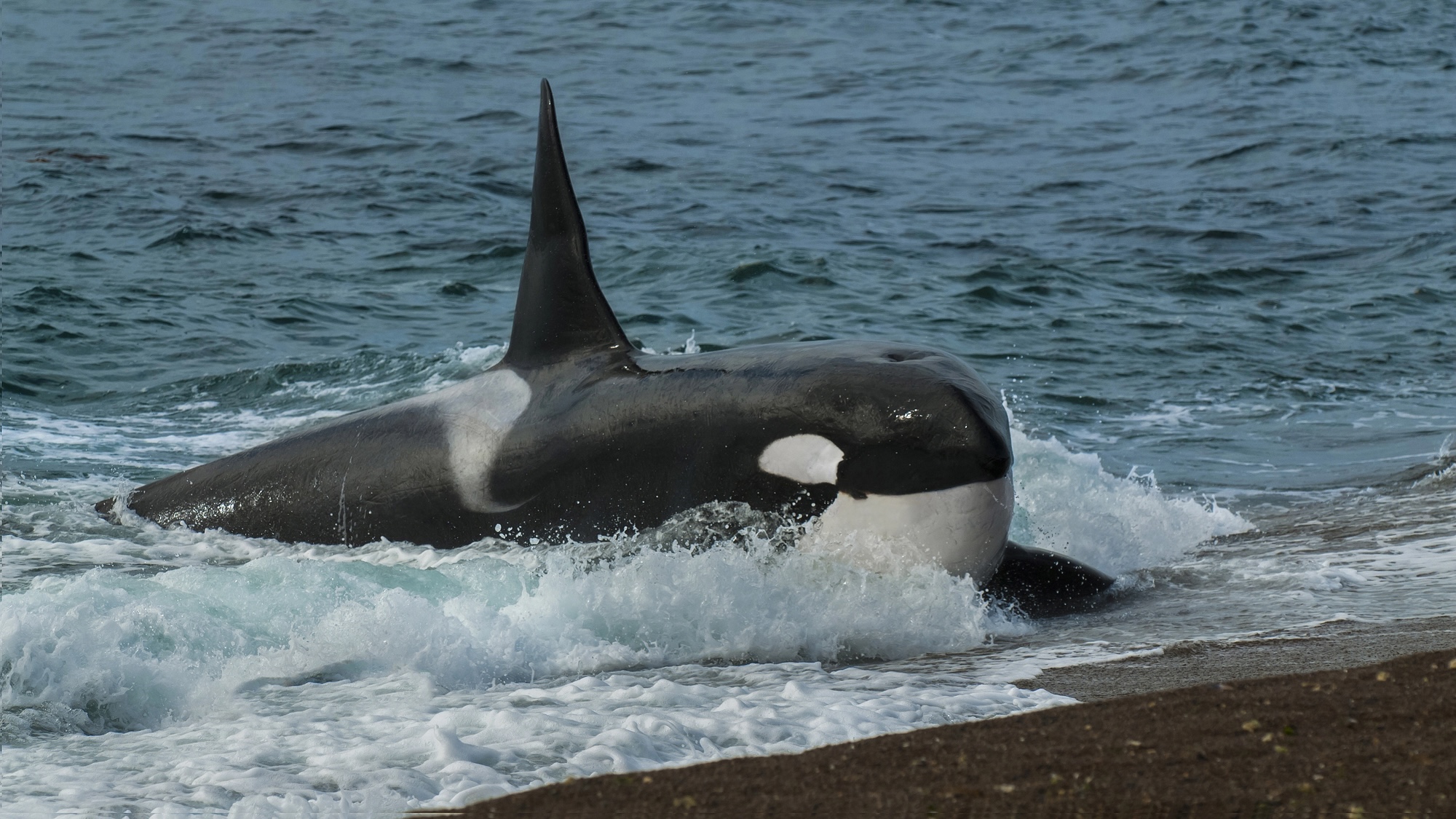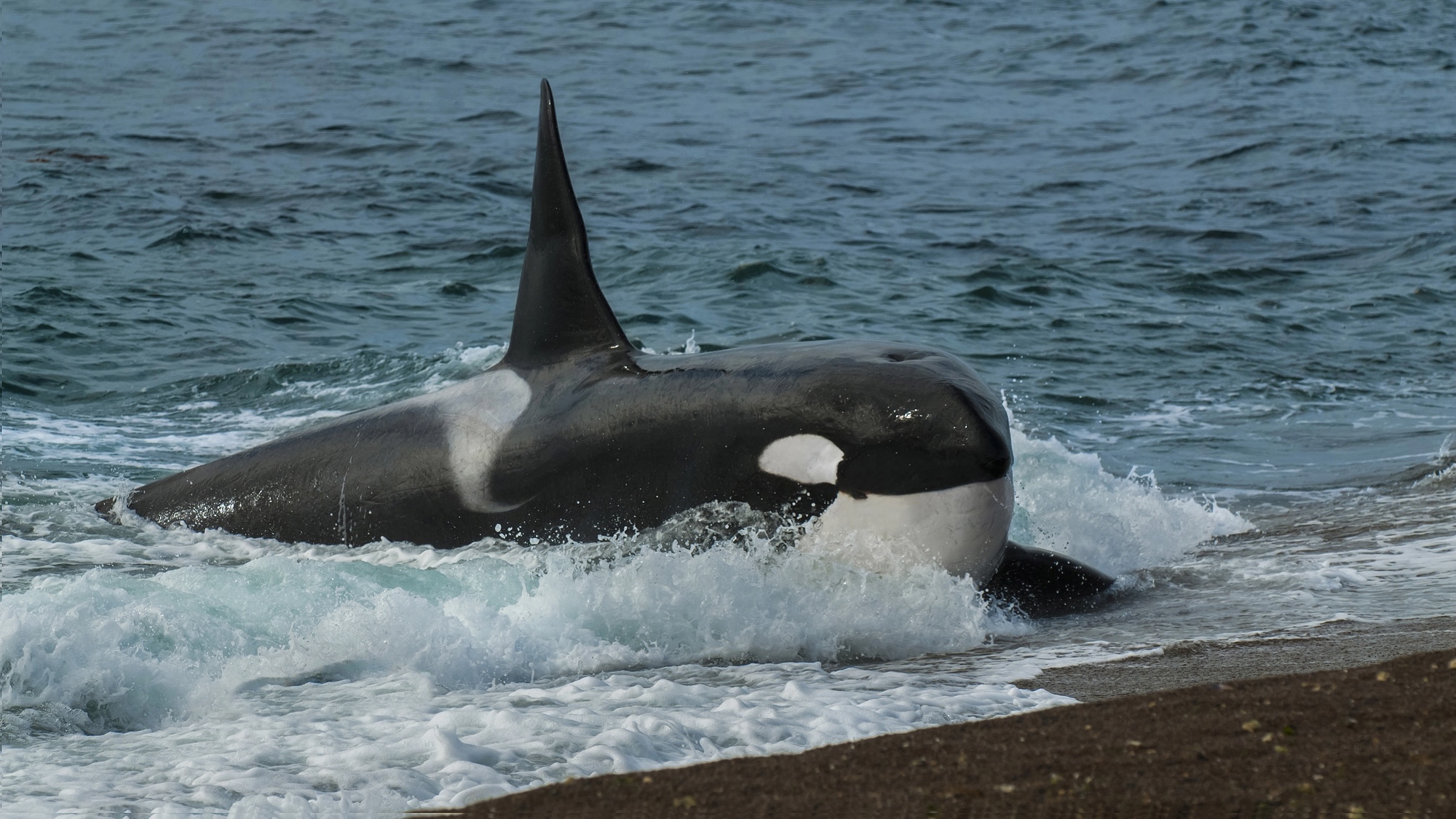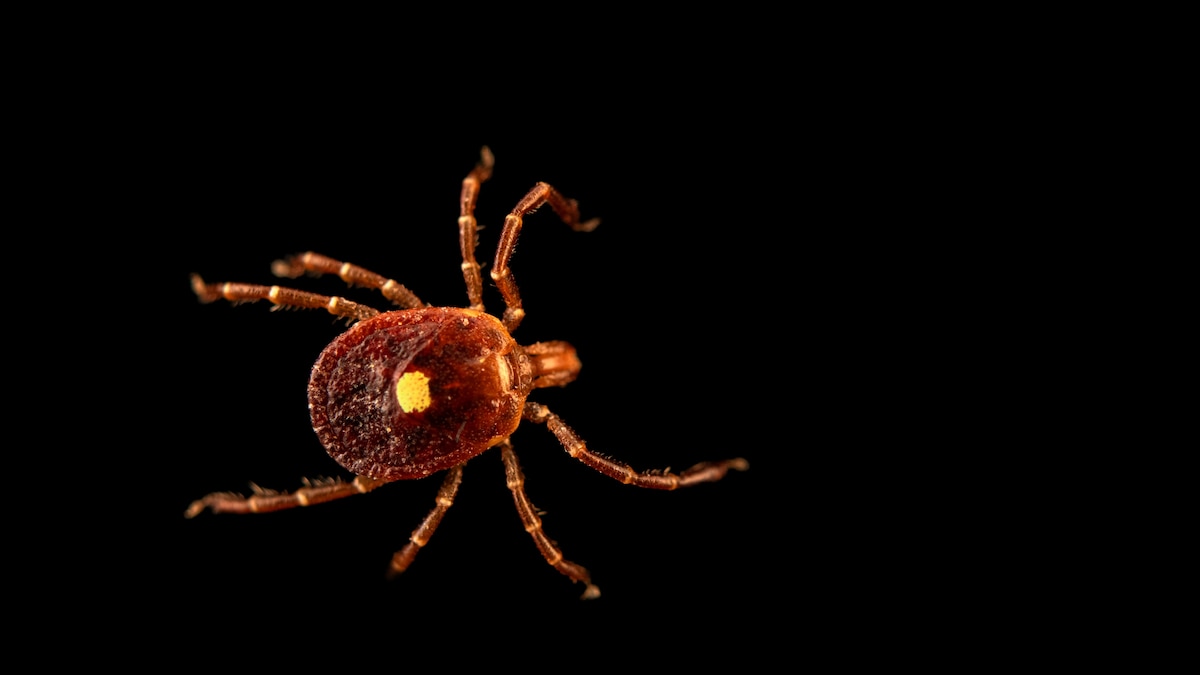
Get the Popular Science daily newsletter💡
Breakthroughs, discoveries, and DIY tips sent every weekday.
Orcas (Orcinus orca) don’t appear to be big fans of yachts, but some of them may be curious about humans themselves. According to a study published on June 30 in the Journal of Comparative Psychology, cetology researchers have confirmed dozens of instances of killer whales intentionally approaching people and offering them food—a behavior they typically reserve for building bonds between orca pods.
“Orcas often share food with each other—it’s a prosocial activity and a way that they build relationships with each other,” Jared Towers, a study lead author and executive director of the British Columbia-based research organization Bay Cetology said in a statement. “That they also share with humans may show their interest in relating to us as well.”
Towers collaborated with Vanessa Prigollini at Mexico’s Marine Education Association along with killer whale expert Ingrid Visser at the Orca Research Trust in New Zealand to collect incidents of the apex predators voluntarily meeting people. They ultimately confirmed 34 events spanning the last two decades. In total, 11 instances involved orcas approaching humans swimming in water, 21 cases occurred while people were on boats, and another two examples were recorded from shore.

However, the researchers didn’t simply take witnesses at their word. In order to be included in the study, a potential documentation needed to meet stringent criteria after reviewing any video and photographic evidence, as well as subject interviews. In each event, the orcas must have approached humans of their own volition, then dropped an item in front of them. The whales varied in both age and sex, but all except one appeared to wait for a reaction. In some cases, they even reattempted their food offers—a mix of fish, mammals, invertebrates, birds, as well as one reptile and one piece of seaweed.
“Offering items to humans could simultaneously include opportunities for killer whales to practice learned cultural behavior, explore or play and in so doing learn about, manipulate or develop relationships with us,” the researchers wrote in the study. “Giving the advanced cognitive abilities and social, cooperative nature of this species, we assume that any or all these explanations for, and outcomes of such behavior are possible.”
The team added these may be the first in-depth descriptions of non-domesticated animals behaving in ways that are usually reserved for household pets like cats and dogs. They may also mark the first accounts of wild predators purposefully employing prey and other objects to “directly explore human behavior.” If true, these instances “may highlight the evolutionary convergence of intellect between highest order primates and dolphins.”

More deals, reviews, and buying guides
The PopSci team has tested hundreds of products and spent thousands of hours trying to find the best gear and gadgets you can buy.
























